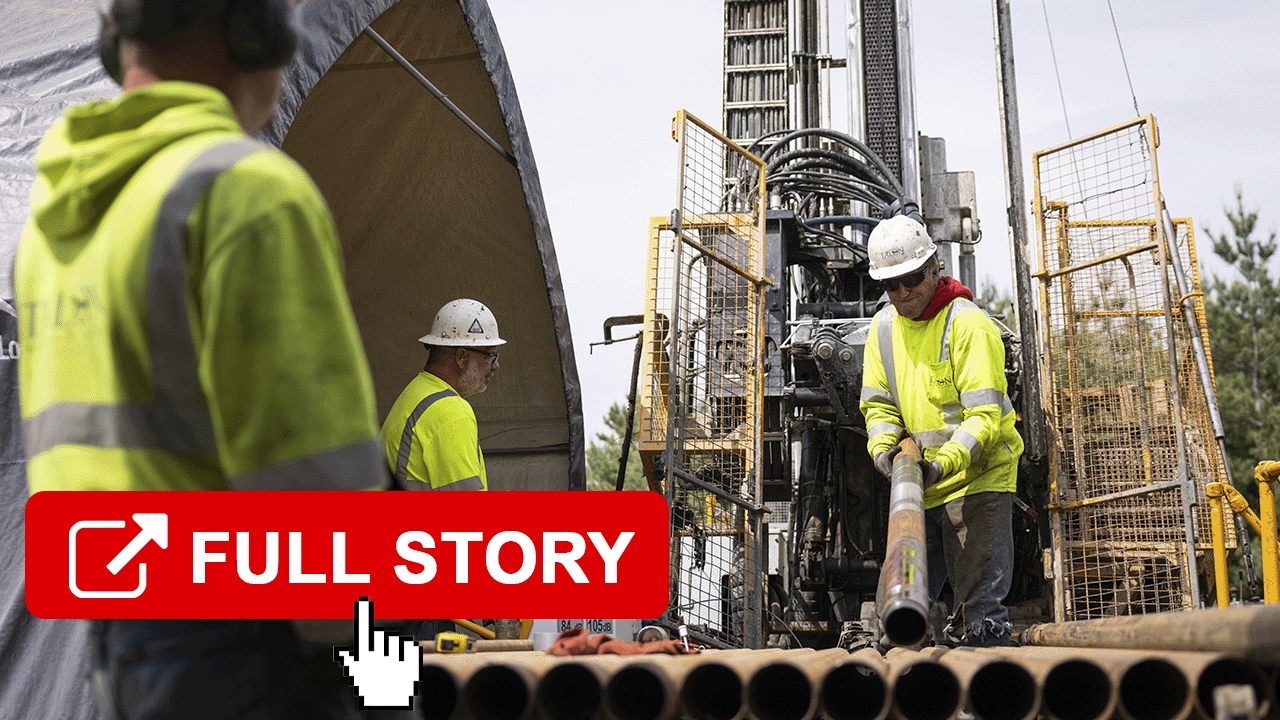Resistance Mounts: Car Dealerships Renew Opposition To EV Mandates

Table of Contents
Financial Concerns Fuel Dealer Opposition to EV Mandates
Car dealerships are voicing strong concerns about the financial implications of EV mandates. These concerns center around significant upfront investments and uncertainties surrounding consumer demand.
High Inventory Costs & Showroom Adaptations
Dealerships cite substantial costs associated with transitioning to EVs. These include:
- High cost of EV inventory compared to ICE vehicles. Electric vehicles often have a higher sticker price than their internal combustion engine (ICE) counterparts, tying up significant capital in inventory.
- Need for specialized EV charging equipment and trained technicians. Installing and maintaining EV charging stations requires investment in specialized equipment and trained personnel, adding to operational expenses.
- Showroom redesign to showcase EVs effectively and highlight their features. Showrooms may need renovations to accommodate charging stations and effectively display EV features, requiring further capital investment.
- Potential for reduced profit margins on EVs compared to gasoline vehicles. While government incentives exist, profit margins on EVs may be currently lower than on gasoline-powered vehicles, impacting dealership profitability.
Lack of Consumer Demand & Market Uncertainty
Dealers also express concerns about the current market landscape for EVs:
- Limited consumer understanding of EV technology and its benefits. Range anxiety and a lack of understanding about charging infrastructure remain barriers to EV adoption for many consumers.
- Range anxiety and charging infrastructure limitations. The availability of public charging stations and the range of EVs are key concerns for potential buyers.
- Price sensitivity of consumers and the higher initial cost of EVs. The higher upfront cost of EVs compared to gasoline cars remains a significant barrier for many consumers, despite decreasing battery prices.
- Fluctuations in government incentives and subsidies for EVs. Uncertainty about the long-term availability and level of government support for EV adoption creates further market uncertainty for dealerships.
Training & Infrastructure Challenges for EV Mandate Compliance
Meeting EV mandate requirements presents significant challenges related to employee training and charging infrastructure.
Specialized Technician Training Requirements
The shift to EVs necessitates a skilled workforce capable of servicing and repairing these vehicles:
- Increased training costs for staff on EV maintenance and repair. Dealerships must invest in specialized training programs for their technicians to work on EV technology.
- Shortages of qualified EV technicians in many regions. A significant lack of qualified EV technicians exists across many regions, making it difficult for dealerships to find and retain skilled personnel.
- Ongoing training requirements to keep up with rapidly evolving EV technology. EV technology is constantly evolving, requiring ongoing training investments for technicians to stay current.
Investment in Charging Infrastructure
Lack of charging infrastructure presents a significant obstacle for successful EV sales:
- High cost of installing and maintaining EV charging stations. The cost of installing and maintaining EV charging stations is substantial, especially for smaller dealerships with limited resources.
- Limited access to government grants and subsidies for charging infrastructure development. While some government programs exist, access to these funds is often competitive and limited.
- Concerns about the reliability and availability of electricity grids. Concerns exist about the capacity of existing electricity grids to handle the increased demand from widespread EV adoption.
Impact of EV Mandates on the Car Dealership Industry & Consumers
The pressure of EV mandates could have significant negative consequences for the car dealership industry and consumers alike.
Potential for Dealership Closures
The financial burden of EV mandates could lead to dealership closures, particularly for smaller businesses:
- Increased operating costs and reduced profit margins could impact business viability. Higher inventory costs, training expenses, and infrastructure investments could significantly impact dealership profitability.
- Potential job losses in the car dealership sector. Dealership closures would result in job losses across the industry, impacting local economies.
- Limited consumer choice in areas with fewer dealerships. Dealership closures could limit consumer choice, particularly in rural areas with already limited access to car dealerships.
Consumer Impact
The resistance to EV mandates could ultimately hinder the transition to electric vehicles:
- Slower transition to cleaner transportation, impacting environmental goals. Delayed EV adoption will hinder efforts to reduce greenhouse gas emissions and improve air quality.
- Limited consumer access to EVs due to reduced dealership inventory. Fewer dealerships may lead to reduced EV availability for consumers, hindering wider adoption.
- Potential price increases for EVs due to higher costs for dealerships. Dealerships may pass increased costs onto consumers, potentially increasing the price of EVs.
Conclusion
The opposition to EV mandates from car dealerships highlights the complexities of transitioning to a fully electric automotive sector. Financial concerns, training challenges, and infrastructure limitations are significant obstacles that cannot be ignored. Addressing these issues through collaboration between government, manufacturers, and dealerships is critical to ensure a smooth transition to electric vehicles and avoid negative impacts on consumers and the industry. Open dialogue and a balanced approach to implementing EV mandates are essential to achieve the goals of sustainable transportation while supporting the long-term viability of car dealerships. Understanding the concerns surrounding EV mandates is crucial for finding viable solutions to accelerate the adoption of electric vehicles and ensure a successful transition to a cleaner transportation future.

Featured Posts
-
 Thomas Muellers Farewell Bayern Munichs Bundesliga Victory Celebration At Home
May 11, 2025
Thomas Muellers Farewell Bayern Munichs Bundesliga Victory Celebration At Home
May 11, 2025 -
 Un Regalo Estrategico Como Uruguay Busca Mejorar Su Exportacion Ganadera A China
May 11, 2025
Un Regalo Estrategico Como Uruguay Busca Mejorar Su Exportacion Ganadera A China
May 11, 2025 -
 Salinda And Velos Record Setting Round At Zurich Classic
May 11, 2025
Salinda And Velos Record Setting Round At Zurich Classic
May 11, 2025 -
 Farq Alemr 26 Eama Hl Trbt Twm Krwz Wana Dy Armas Elaqt Eatfyt
May 11, 2025
Farq Alemr 26 Eama Hl Trbt Twm Krwz Wana Dy Armas Elaqt Eatfyt
May 11, 2025 -
 Double Trouble In Hollywood Writers And Actors Strike Brings Industry To Standstill
May 11, 2025
Double Trouble In Hollywood Writers And Actors Strike Brings Industry To Standstill
May 11, 2025
